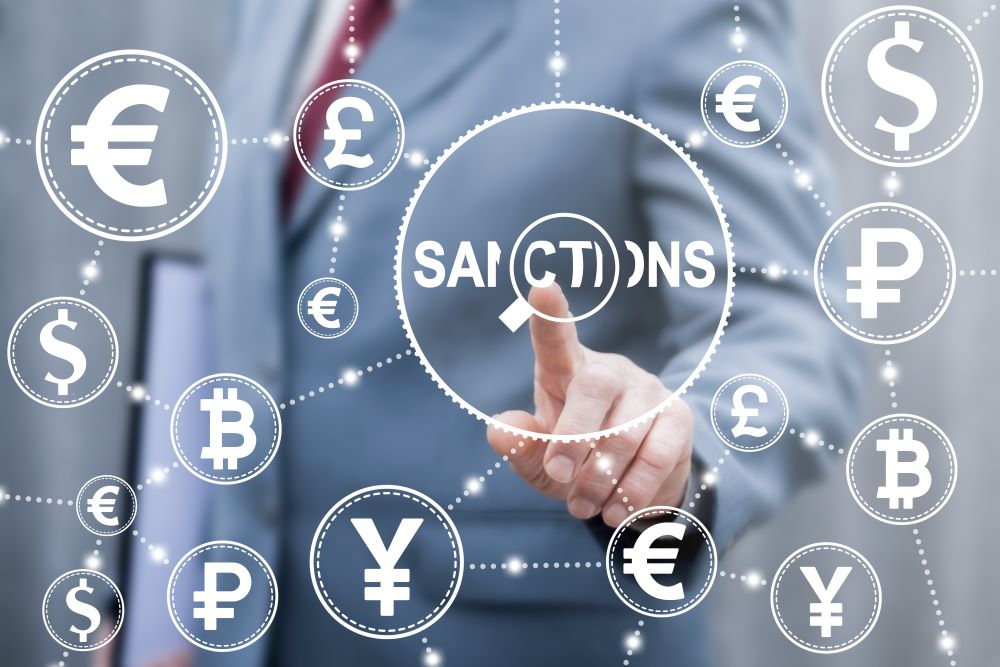
The EU has extended its sanctions against Russia past the end of 2022, in a new move announced yesterday (26 July).
The Council of the EU, a European body consisting of ministers from member state governments, has lengthened the timeline of sanctions on Russia by six months – until 31 January 2023 – targeting specific sectors of the economy of the Russian Federation.
Wide effect
The sanctions, first introduced in 2014 in response to Russia's actions in Ukraine’s Crimea region, were significantly increased after Russia’s invasion this year.
They currently consist of a broad spectrum of sectoral measures, including restrictions on finance, energy, technology and dual-use goods, industry, transport and luxury goods.
Previous history
The EU has introduced six rounds of sanctions on Russia in coordination with its Western partners, reports Voice Of America.
As covered previously by the IOE&IT’s Daily Bulletin, the EU has recently passed changes to the sanctions regime to help deal with the global food crisis.
UK package
In other sanctions news, yesterday the UK hit Russian-imposed leaders of the breakaway regions of Donetsk and Luhansk in Ukraine with fresh sanctions – a ban on entering the UK and asset freezes.
Foreign secretary Liz Truss said the UK would continue to impose harsh measures on those who are trying to legitimise Vladimir Putin’s illegal invasion.
“We will not keep quiet and watch Kremlin-appointed state actors suppress the people of Ukraine or the freedoms of their own people,” she added.
Travel ban
The UK restrictions have been imposed on 29 regional governors from across Russia that the UK says have been directed by the Kremlin to transfer funds to the breakaway regions.
Other names added to the list include Russia’s minister and deputy minister of justice, and two nephews of Russian billionaire Alisher Usmanov, who was himself sanctioned by the UK in March, reports Reuters.
Swiss decision on oil
Reuters also reports the Swiss agency in charge of sanctions saying it was up to the Swiss government to decide whether to adopt a tweak to EU sanctions that eases shipments of oil from Russian state-owned firms to third countries.
Purchases of Russian seaborne crude oil by EU companies and its export to third countries are currently allowed, but under changes to the sanctions that came into force on Friday, payments related to such shipments would not be banned.
“It is up to the Federal Council (cabinet) to decide whether Switzerland will adopt these new measures,” the State Secretariat for Economic Affairs (SECO) said in response to a query on the EU move.
